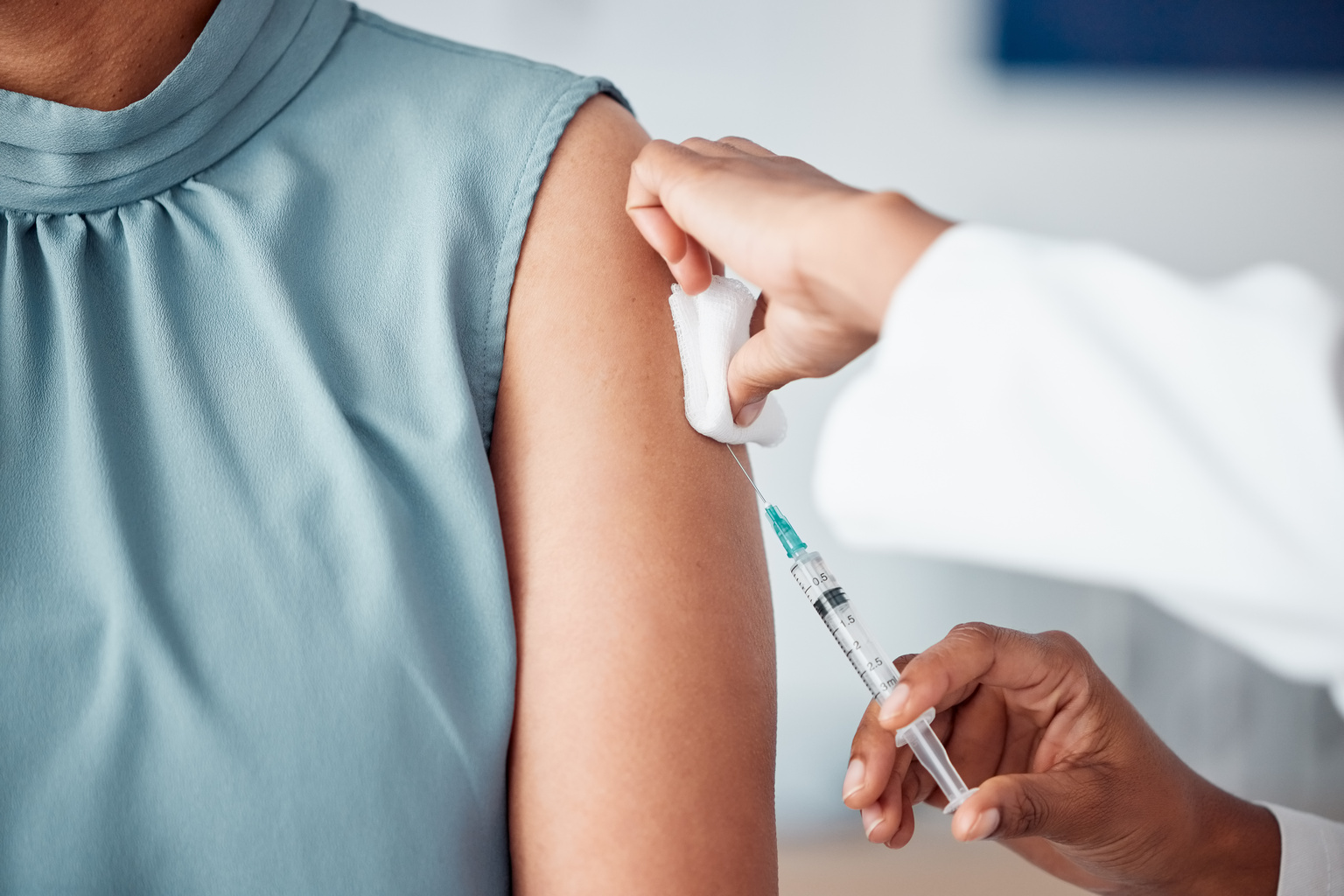The rise of the social media physician has been sharp and impactful. What's the physician's responsibility when it comes to social media and healthcare?
Today, a physician's responsibility is not just to the patients they see in their office but also to people all over the world who are using the internet to try to understand risks to their health. Seeing the growing connection between social media and healthcare, more and more physicians have taken to mediums such as Facebook, Twitter, Instagram and even TikTok to spread messages of science, evidence-based medicine and hope.
In a time as challenging and unclear as the current global pandemic, the need is greater than ever for trusted voices who speak the truth based on science and facts.
Doctors on social media: A growing trend
Physicians are trained to approach emergency situations in a measured manner and develop strategies and treatment plans based on facts. This methodology is especially useful when communicating with the public on topics that can be scary and overwhelming. Social media has given physicians across the globe a voice and a platform to use their education, skills and knowledge to educate and advise communities, government officials and the public in a simple, effective and efficient manner.
Long before COVID-19 was the main topic on everyone's minds, Dr. Dana Corriel founded Doctors on Social Media -- better known as SoMeDocs -- to create a virtual community for physicians. SoMeDocs spans the globe and connects physicians with similar interests to help them amplify their messages through social media. The platform has now expanded, adding ways for nonphysicians to connect with physicians on social media in the hopes of building greater synergy between the healthcare world and those who want to engage with experts in a variety of medical fields.
Dr. Corriel saw the need for trusted physician and scientist voices on social media, and others have taken up the cause. For just one example, as Chatelaine reports, Dr. Jen Gunter has leveraged social media to combat misinformation in the women's health space, becoming widely known for debunking the pseudoscientific recommendations featured on Gwyneth Paltrow's lifestyle site Goop.
Of course, social media has also been a way for physicians to build their personal profiles and brands. SoMeDocs’ mission is to “give online physician voices a boost” through networking opportunities, visibility projects and social media tools. The potential for physicians to use social media to gain prominence in their field is high, with Medscape now publishing rankings of top physician social media influencers.
Social media and COVID-19: Combating misinformation
As COVID-19 data comes in from around the world and we learn more about this disease, the ability for scientific experts to share what they are learning in real time can both be exciting and will help as we treat patients in a time of uncertainty. Misinformation from nonmedical voices can guide policies and be dangerous during a public health crisis, and this has been showcased on a national stage during the current COVID-19 pandemic. According to MIT Technology Review, for example, physicians such as Dr. Austin Chiang took to social media and spoke out when medical misinformation presented by the nation's leaders resulted in confusion on appropriate ways to prevent and treat COVID-19.
Groups such as IMPACT were formed by physicians in the wake of COVID-19 to disseminate accurate, evidence-based information and amplify other valuable organizations. They have looked to many mediums, including social media, to spread factual information and inform the public. Similarly, Dr. Esther Choo and Dr. Megan Ranney have been regular guests on national news outlets and have used Twitter as a platform to combat misinformation while also advocating for much-needed protective equipment for front-line workers.
A strategic approach to social media and healthcare
There are challenges and risks that come with putting yourself out on social media, as has been evidenced by coordinated attacks on physicians discussing topics like as the importance of vaccines, according to the Los Angeles Times. Groups like Shots Heard Round the World have needed to be created to protect healthcare workers who spread scientific, factual information online. At the same time, these attacks show why it's important for physicians to speak up and continue to educate. The more voices that are out there promoting and disseminating science, the better chance that a nonmedical individual will read that information and come to better decisions and conclusions.
Of course, it is also essential that physicians on social media continue to maintain professionalism and rely on scientific rigor when presenting information to a global audience. Dr. Corriel believes it is important that the social media presence of those in healthcare be implemented in a strategic manner “because social media can quickly turn from a helpful tool to a slippery slope. If we tackle it in the right way, we can make a significant difference in healthcare, both from an organizational standpoint and definitely from an individual one as well.”
Ultimately, the question to ask is: Are physicians on social media providing a needed voice of expertise backed by science, and if so, how can we encourage more to do the same? “Physician involvement on social media has evolved gradually over time,” Dr. Corriel says. “We are filling a gap where healthcare communication is concerned, where we are needed.”




